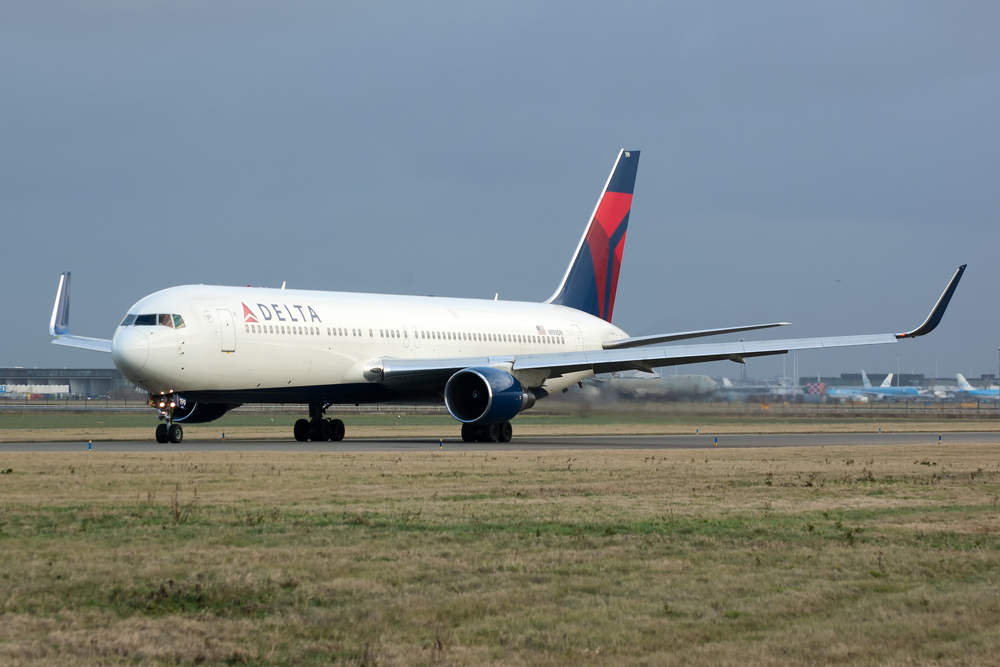No Interline Agreement Between American And Delta Is Bad For Travelers

It was announced earlier yesterday that American Airlines and Delta weren’t able to come to terms on the extension of an interline agreement between the two airlines. I’m sure some of you are asking, “What’s an interline agreement, and why do I care?” Let’s start with the “what”.
Interline agreements have been around for a long time and work mostly in the background for travelers. An interline agreement allows one airline to book a ticket on another airline who participates in the agreement. It also allows for more than airline to be included on the same ticket, and for other niceties like allowing a customer to check a bag at the start of their trip and not have to pick it up until the end (as opposed to when changing carriers).
But, for me (and many travelers) the biggest benefit of interline agreements is the ability for airlines to move you to another airline when there are problems (irregular operations, or IRROPS). And, that’s why you care.
Most specifically, weather can play a huge role in you making it to your destination. If weather impacts the hub where you’re connecting, moving to another carrier (and a different hub) can get you around the weather and on your way home. For the very savvy traveler, that IRROPS moment that moves you from one airline to another might mean you also earn miles with both carriers.
For many years, the legacy carriers have participated in an interline agreement, moving passengers back and forth as needed during weather issues. Southwest wasn’t a part of those agreements, both as a smaller airline and one who traditionally didn’t participate in GDS agreements to sell their tickets anywhere but through their own channels. I’ve heard from my fair share of frustrated travelers who didn’t understand why they couldn’t be moved from Southwest to another airline when there’s a problem. Now, it looks like we’ll have that same frustration for Delta and American.
Delta claims it’s because there’s an imbalance in the number of passengers American sends its way:
“In July, for example, American sent passengers to Delta for reaccommodation at a five-to-one ratio. At that rate the agreement was no longer mutually beneficial.”
Conveniently, Delta picked a month where summer thunderstorms are very common in Dallas, a big American hub. I’d be willing to bet it’s not a 5:1 ratio in favor of American when there’s an ice storm in Atlanta or it’s winter in Minneapolis, but I don’t really expect Delta to represent their side in a balanced fashion.
I’ll be honest. Prior to this disagreement between Delta and American, I hadn’t really spent much time considering the business case for not wanting to have an interline agreement, but there are real business issues at play here. However, I can’t imagine this is a difficult issue to negotiate on. Maybe that means I’m unfairly thinking Delta as the one who’s being unreasonable here. And, we certainly don’t know how the negotiations have gone.
But, in just a few days, we’re going to start to see a new chapter in the competition between airlines. Delta is essentially saying they’re taking their network and going home because they don’t want American to play with it. While this doesn’t affect me personally very much at all, I do expect this is going to be more than a little ripple.

But wait a minute…. why is Delta playing this blame game on American? Isn’t this really the fault of the Gulf carriers? Or Obama?
FreeTravelGuys, I think it’s all of the above.
reminds me of a trip where we had a checked bag on the return BA- 1st class then DL in atl they(BA) would only check the bag to atl..(one of these cute non-agreements) then we had to get it and go to delta counter to check it to destination.. nuts…
dot, yes. That’s exactly the way we’re going. I suspect it’ll get worse before it gets better.